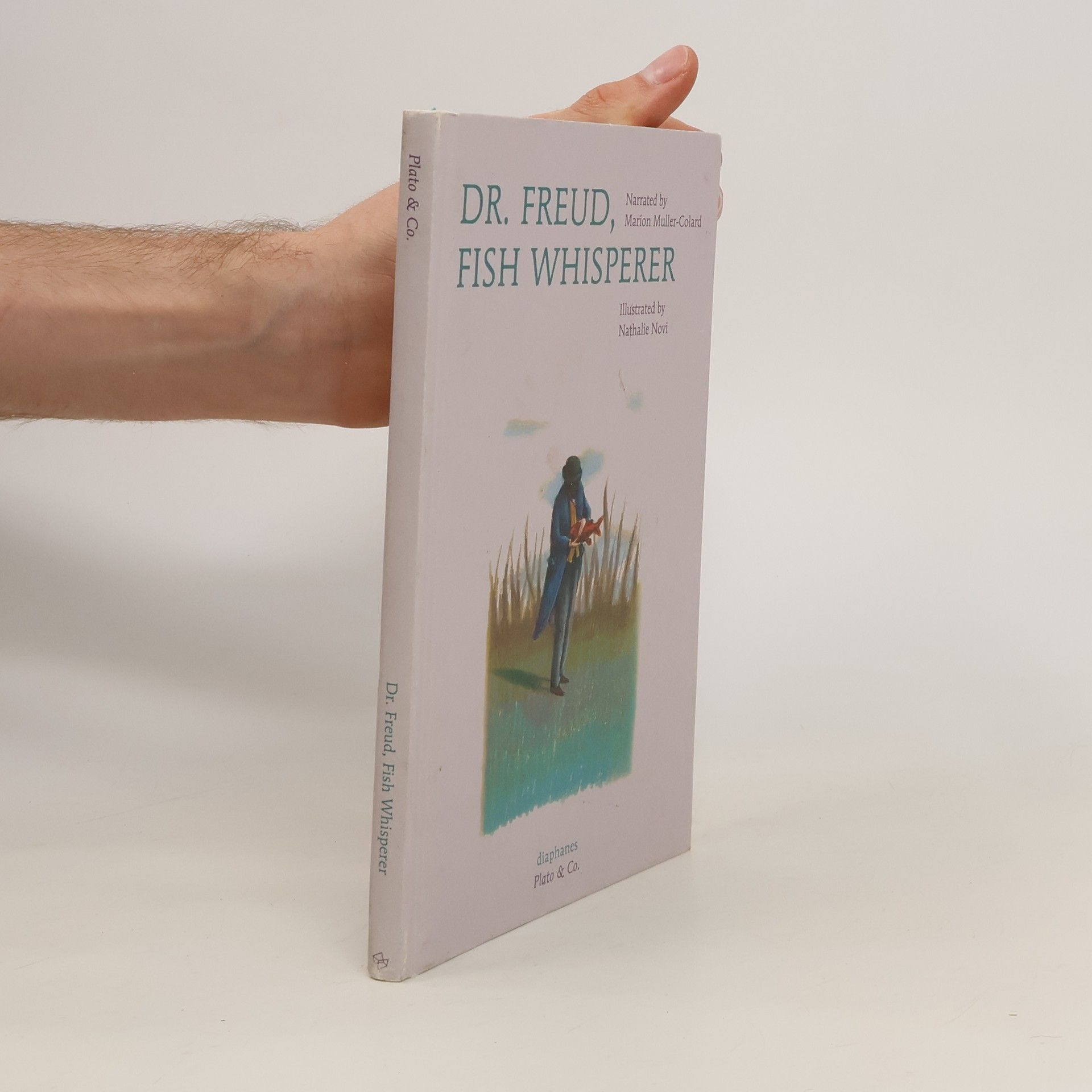On a long, cold winter night, more than three hundred years ago, Mister Descartes is suddenly beset by profound doubts: Can I trust my senses, or am I fooled by illusions? Is there an Evil Genius behind all things? What if the outside world is only a dream? Is my own existence nothing but the product of my imagination?
Plato & Co.Reeks
Deze serie herdenkt op speelse wijze de levens en dialogen van oude Griekse filosofen, geplaatst in verrassend moderne situaties. Door geestige gesprekken en onverwachte scenario's komen lezers diepgaande filosofische concepten tegen, gepresenteerd met toegankelijkheid en humor. Het is een reis die tijdloze vragen over ethiek, kennis en het goede leven onderzoekt, terwijl het de blijvende relevantie van het klassieke denken viert. Perfect voor iedereen die intellectuele stimulatie zoekt verpakt in een meeslepend verhaal.






Aanbevolen leesvolgorde
The ghost of Karl Marx
- 63bladzijden
- 3 uur lezen
In The Ghost of Karl Marx , the philosopher is saddened when the town weavers must sell their cloth cheaply to compete with machines. The farmers too cannot sell their crops and have no money to buy new seeds. Forced to leave their work, the townspeople form an angry crowd in front of the factories, but what is to be done when there are so many hungry people and so few jobs to pay for food to eat? Concealed in one of the weavers’ sheets, the philosopher makes a solemn vow to give this story a happy ending by finding the Market, that infernal magician, and ridding the town of him once and for all.
Sprawled in his favorite armchair, Dr. Freud notices a peculiar phrase in pages of his notebook: “preaching to the fishes.” What could he have meant by this? If there’s one thing he has learned working as a psychoanalyst, it’s that the best way to make sense of yourself is through your dreams—and so he settles down for a nice long nap. But no sooner does his head hit the pillow than he begins to hear voices! A frightened fish with a childhood memory lodged in its throat coaxes Dr. Freud into the cold water, where his ideas come to life through an unforgettable cast of characters, including a loquacious carp and three frogs—Id, Ego, and Superego—locked in fierce competition for a single waterlily.
What can I know? What should I do? What may I hope? What’s for dinner? More than two hundred years ago, on a day that takes quite a peculiar course, Professor Kant is working hard to give an answer to all these questions. Not only the morning papers, but also a slightly perfumed letter get in his way however. As a result, he even forgets to go out on his regular digestive walk – and everything goes off the rails…
“Tell us, Delphic Oracle, who is the wisest man in all of Greece?” So begins The Death of Socrates . No mortal man is wiser than Socrates, who, on his daily walks through Athens, talks to all the people he meets. When the person he talks to takes himself to be very wise, Socrates asks so many questions that the person ends up admitting he knows nothing. When he runs into people who know little, Socrates sets them on the way to wisdom. But not everyone shares Socrates’s love for the truth. When the people of Athens put him on trial for his ceaseless questioning, how will he find the courage to continue to speak the truth?
Hannah Arendt is not at all keen to build an edifice of ideas or to develop abstract concepts. Rather, she gets on to the stage herself! To enter the scene of her little theater means to take matters into her own hands, take responsibility, to act. In short: Thinking is acting! Whereas the bureaucrats can conceive of only one thing: to build a world out of paper.
Wittgenstein’s rhinoceros
- 63bladzijden
- 3 uur lezen
1914. Europe is at war. The experts on deciphering code and secret writing are wild with excitement: What in the world can be the meaning of those incomprehensible notes scribbled by secret agent Ludwig Wittgenstein? The young scholar himself is unable to help them—he is hunting a wild beast, a figure of dubious existence…
The young Albert Einstein has a very important job: he must deliver electricity to the big Oktoberfest celebration in Munich. As he hurries from one merry-go-round to another, nothing seems to be going as planned. With his sister, Maja, Heinrich the dog, and Niels Bohr, a qualified dwarf-thrower, can he win a battle against the laws of the universe? The key just may lie in the question of whether a dumpling can fly faster than light.